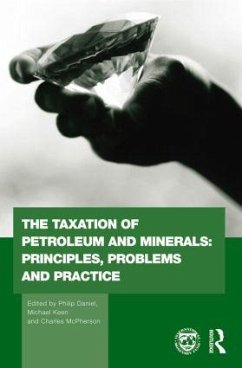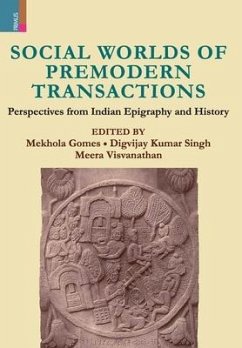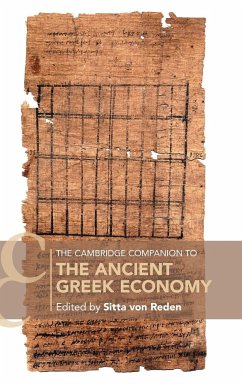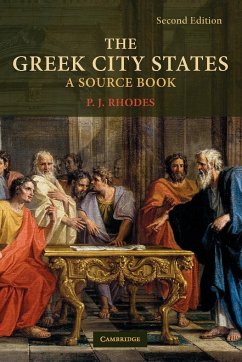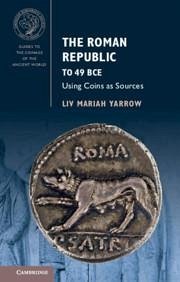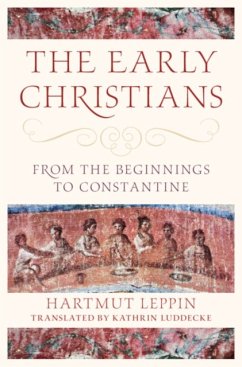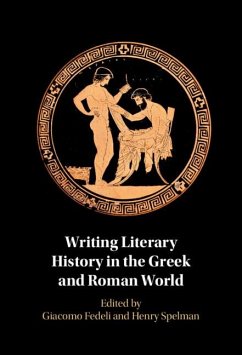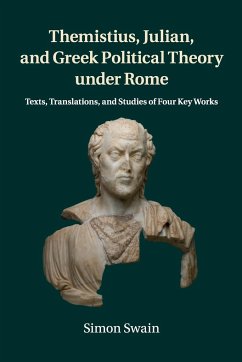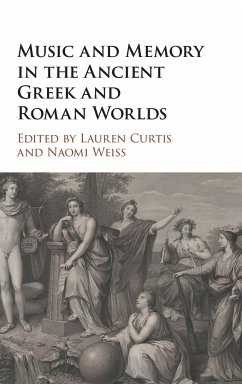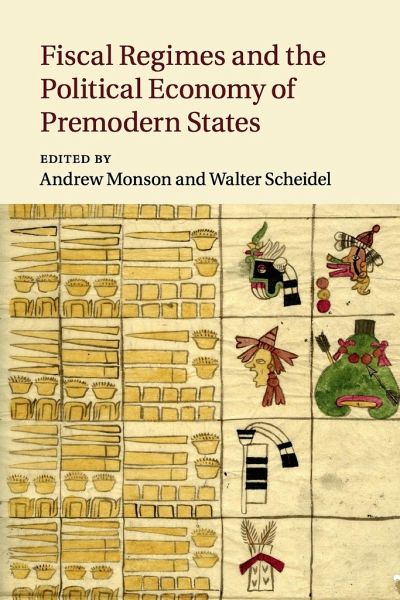
Fiscal Regimes and the Political Economy of Premodern States
Versandkostenfrei!
Versandfertig in 1-2 Wochen
63,99 €
inkl. MwSt.

PAYBACK Punkte
32 °P sammeln!
Inspired by the new fiscal history, this book represents the first global survey of taxation in the premodern world. It introduces new theoretical and comparative approaches from the social sciences and extends its coverage beyond Europe, the Mediterranean, and the Near East to East Asia and the Americas.





